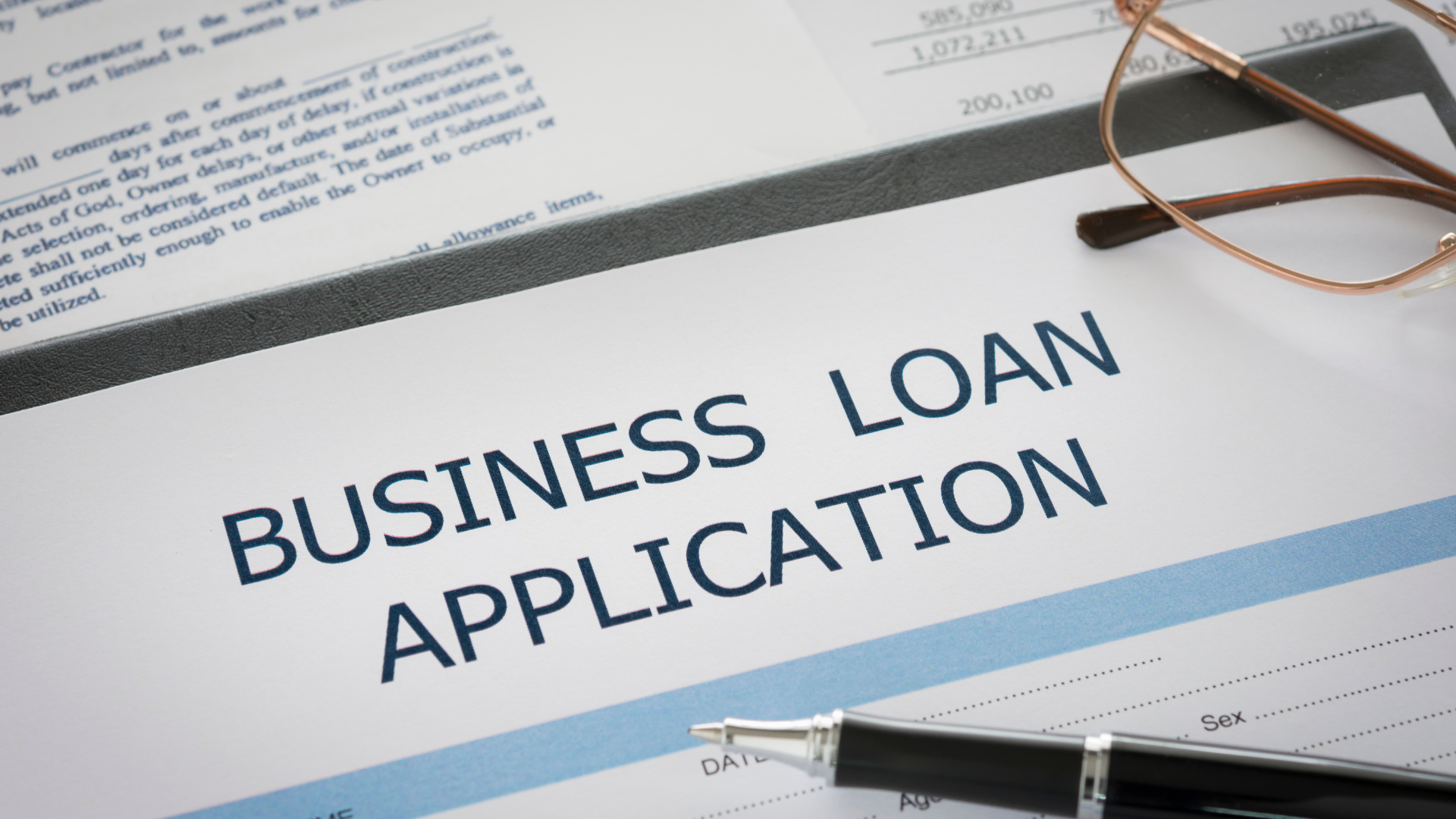Banks are in the business of loaning money, so why do they often say no to startup business loans? The answer is simple: startups are risky. Banks are in the business of making money, and they do that by lending money to people and businesses who will pay them back with interest. Startups are often unproven, and their owners often have little to no collateral to offer as security for a loan. That’s why banks say no to startup business loans.
Why do Business Startups are Risky?
Business startups are risky for a variety of reasons. For one, securing funding for a new business can be difficult. Additionally, it can be challenging to create a successful business model and find the right team to execute it. Startups also have to contend that they are often entering new and untested markets. All of these factors can make it difficult for a startup to succeed.
- Business startups are always risky.
- This is because they are not yet as stable as other businesses.
- They depend more on the entrepreneur than on the organization.
- They depend on their CEO for direction and control.
- They require a lot more money.
- They face more failure than other businesses.
- They require more time to plan.
- As they are riskier, they also offer more rewards.
Other reasons Why banks don’t accept Startup Loans
- Startups are risky because they don’t have a proven track record.
- The banks want to play it safe because of “the unknown.”
- Banks have strict financial guidelines.
- They don’t want money to be wasted.
- The banks want borrowers to place their own money in a “safe” place.
How to get a Startup Business Loan?
Business financing can be a complicated and daunting process, especially for startup businesses. You can do a few key things to increase your chances of being approved for a startup business loan:
- Make sure you have a detailed and well-researched business plan. This will show the lender that you are serious about your business and have a clear idea of what you need the loan for.
- Try to find a lender who is familiar with startup businesses and has a track record of approving loans for them.
- Be prepared to offer collateral to the lender, such as property or equipment, to secure the loan.
In order to get a Small Business Loan, you may need to have a well-written business plan that outlines your business goals and how you plan on achieving them. You will also need a good credit score and a solid track record of financial responsibility. Start by meeting with your local bank or credit union to discuss your options. There are also a number of online lenders that specialize in startup loans. Be sure to shop around and compare rates and terms before selecting a lender.
You must decide on the pros and cons of a business loan. When it comes to such a loan, there are some pros and cons to it. First, starting a business without a loan can be challenging. Without a business loan, you have to decide on your own how you are going to fund your business.
Also, if you have a business loan, the business is considered a business asset, which means that your business is at risk of bankruptcy. When it goes into bankruptcy, then the business loan is discharged. Also, these loans have strict repayment requirements. Besides, you would still be responsible for paying back business loans.




